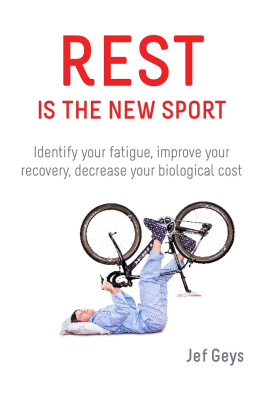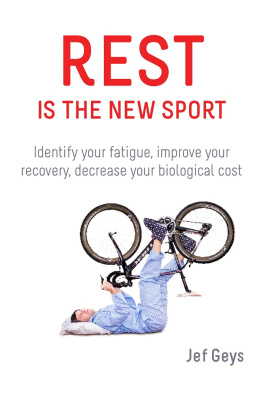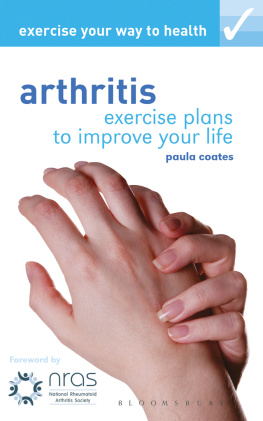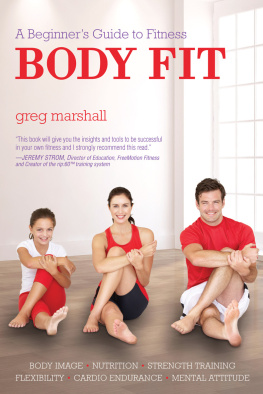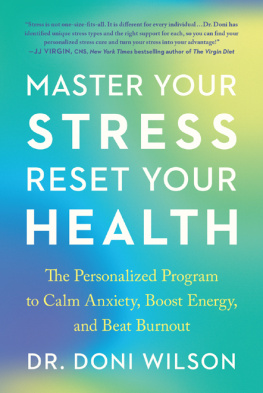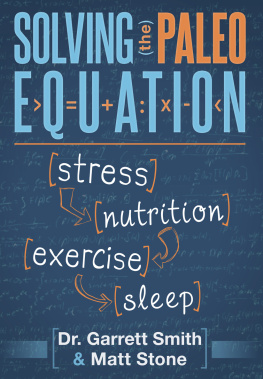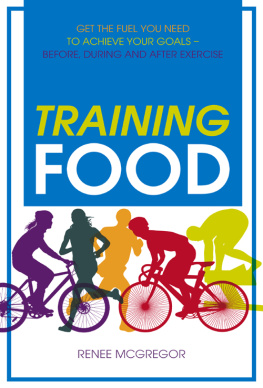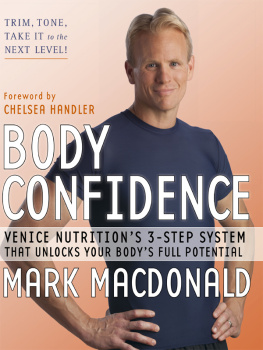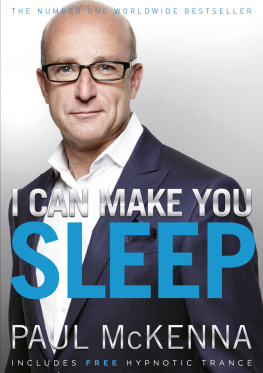REST IS THE NEW SPORT
Identify Your Fatigue, Improve Your Recovery, Decrease Your Biological Cost
by
Jef Geys
REST IS THE NEW SPORT
Copyright 2017 by Jef Geys
All rights reserved. This book or any portion thereof may not be reproduced or used in any manner whatsoever without the express written permission of the publisher except for the use of brief quotations in a book review.
Foreword
Dr. Chris Mertens
A person with normal fatigue feels tired; a person with abnormal fatigue feels sick.
This book by my good friend Jef Geys deals with preventing and addressing unspecified fatigue. As a physician, I cant ignore the daily stream of patients complaining of some form of tiredness. Fatigue is often accompanied with difficulties concentrating, muscle pains, and trouble sleeping. Often, the end result for the patient is long-term disability, along with deconditioning, isolation and depression.
These debilitating illness symptoms seem to taunt advanced medicine, and many physicians have accepted that a well-defined explanation for a chronic fatigue status wont be available any time soon. I agree with Jef that we must focus our attention on maintaining and securing our energy systems rather than hunting for an external enemy. The long wait for a scientific breakthrough, disappointing treatment results, fluctuations in the experience of the illness, and finally the often unhappy ending led us to focus our attention on the balance between a persons energy load and capacity.
Even though every physician knows of cases where energy disruption occurs acutely, most cases are more a matter of an accident waiting to happen. Precisely because, as a primary physician, I have the privilege of following patients over the course of decades, I can now almost effortlessly say who is in for abnormal fatigue. Chronic fatigue doesnt come out of the blue, after all.
Weve all been there: right in the middle of an exhausting period, youre dealt yet another blow, so you cant take a break and you certainly cant relax. But youre determined--you want to take care of these things. You work even harder, sleep even less, and weekends arent what they used to be, either. So, it begins. You go into overdrive. If this keeps up and you dont take time to recover, chronic fatigue sets in.
Despite your tired appearance, your body tends to show signs of the opposite--a certain restlessness or tension. You might have an elevated heart rate, heart palpitations, trembling, or painful muscle spasms all over your body, and you might have trouble sleeping. These are without exception symptoms of hyper-sensibility to adrenalin, the hormone that gets you moving when youre stressed or when you need to take on a heavy task. However, it doesnt help when you try to carry out the normal day-to-day activities. I believe this is where an explanation can be found for many non-medical fatigue complaints.
So, we need to investigate the delicate balance between energy capacity and load. Youd think it would be easy to determine the daily burden on our energy systems. Its relatively easy to assess whether you had a hard day, exerted yourself intensely, had a few nights of little sleep, or experienced a stress-inducing event. Nobody would be surprised if you had to recover from any of the above. It becomes more complicated, however, when you no longer recover from seemingly normal exertion--when you get up tired, and a weekend or a vacation is no longer sufficient to make up for this fatigue. This is where capacity comes in. This is harder to assess, let alone to measure, and it fluctuates--sometimes you recover successfully, sometimes not so much. But this is also the good news. By pinpointing your individual sensibilities, you can work on increasing your individual capacity.
Jefs powerful approach stems from these very observations. Coming to these insights has been an organic development. Its the result of treating people with prolonged, abnormal fatigue for years, and of many discussions with colleagues about the issue.
Having read this book, I now understand even better what goes wrong in my body. Jef describes in detail how simply making some small adjustments to the way you exercise and train can get your energy store under control, allowing you to acquire optimal, life-long fitness. When I applied it to myself--when I started jogging a little slower and for shorter distances--I felt more energized. It felt counterintuitive, but there you have it.
Therefore, I am bold enough to call this book a real eye-opener. Everyone should read it. It departs from existing scientific achievements, and offers us creative, daring solutions. The system is useful for everyone--from professional athletes who are out of shape to the chronically sick who lack the energy to regain any quality of life. I, for one, have learned that condition and fitness are not the same thing. Anyone can peak after a game or a critical business meeting--its often the little mistakes that rob us of our energy.
After reading this book, youll know not to make those mistakes anymore.
Introduction
As a twenty-year-old, promising competitive cyclist, my motto was, the harder I train, the better I become. It was all or nothing--I would either get the opportunity to build a professional cycling career or I would continue my studies. It ended up being the latter, because in 1996 I had to discard my motto.
It must have been around the end of March. Until then my best result in young-talent races had been seventh place. This was the first time I made it to the finale. In other classic races like the Tour of Flanders I was usually one of the 20 to 25 cyclists to detach from the larger group toward the end, forming a second group following the leaders. In such races, I usually finished around fifteenth place. But this year would be different. I trained like crazy, behind the motorbike or the car. I trained in the mountains, solo or with cyclists who shared my views on training.
As early as 1993 I bought an activity tracker. In the locker room, other cyclists laughed and joked that, during the race, my watch would probably tell me to slow down because my heartbeat was too fast. I paid them no mind--I gathered data about my races. Back then it was hard to find a trainer experienced in putting together bike training sessions based on the heart rate monitor. So, there I was with my gadget and my data and no idea what to do with it all.
Training was never a chore for me. I was pretty much the champion of training. Even when I was doing well, I still went all out during training, so it wasnt unusual for me to run out of steam before the finish. But I persevered, I did whatever it took. If I didnt do so well in one race, I trained extra hard for the next one. After all, the harder I train, the better I become, right?
Several beautiful race classics were coming up, The Tour of Flanders, the Flemish Districts Circuit, and a few others. This was going to be it. I felt confident because I had trained like a fiend. I visited my sports physician every two weeks to give him my race results. He did regular blood tests so we could make precise adjustments to my vitamin supplements.
At last, the Sunday of the Tour of Flanders. There had been a kermesse in Meerhout, practically in my backyard, four days earlier. This race was 115 kilometers long (about 72 miles), divided into fifteen rounds of about eight kilometers (five miles) along major roads. The peloton had almost a hundred participants, which made it an easy ride in the group. Up until the halfway mark it was anybodys guess who would win. We cycled along a wide road. I was in the middle of the peloton, which is always easy, yet I felt myself beginning to fall back. This was new! But I stuck with it, even ratcheted it up a notch, completely ignoring my bodys signals. Three rounds later I was forced to stop because I had separated from the peloton. My sports physicians verdict? I had over-trained and shouldnt train again for at least two weeks. Goodbye Spring Classics!
Next page
